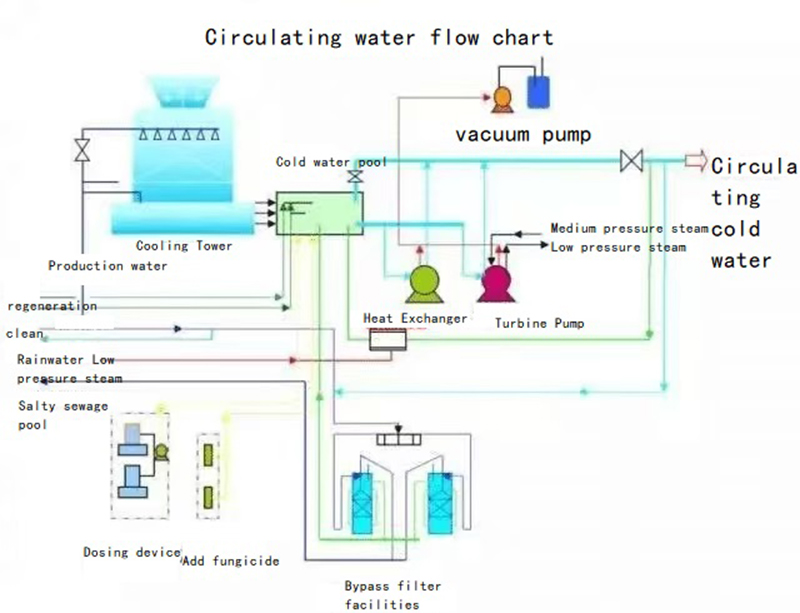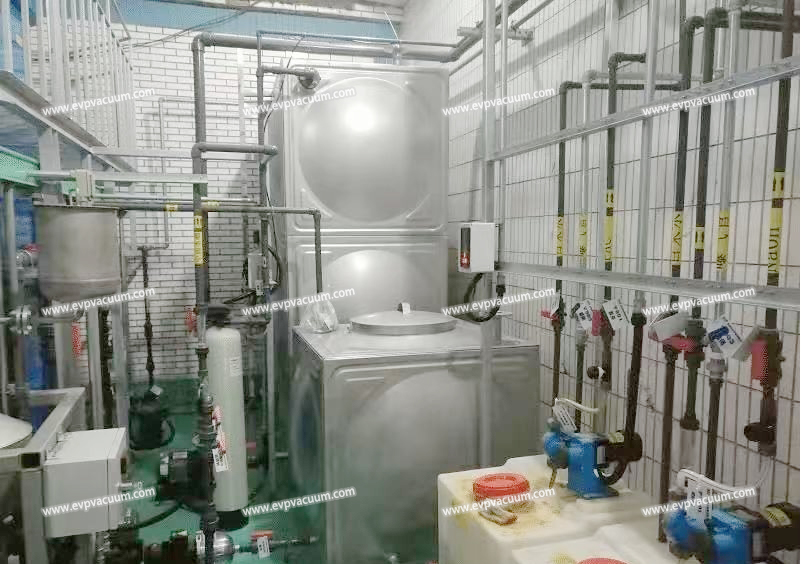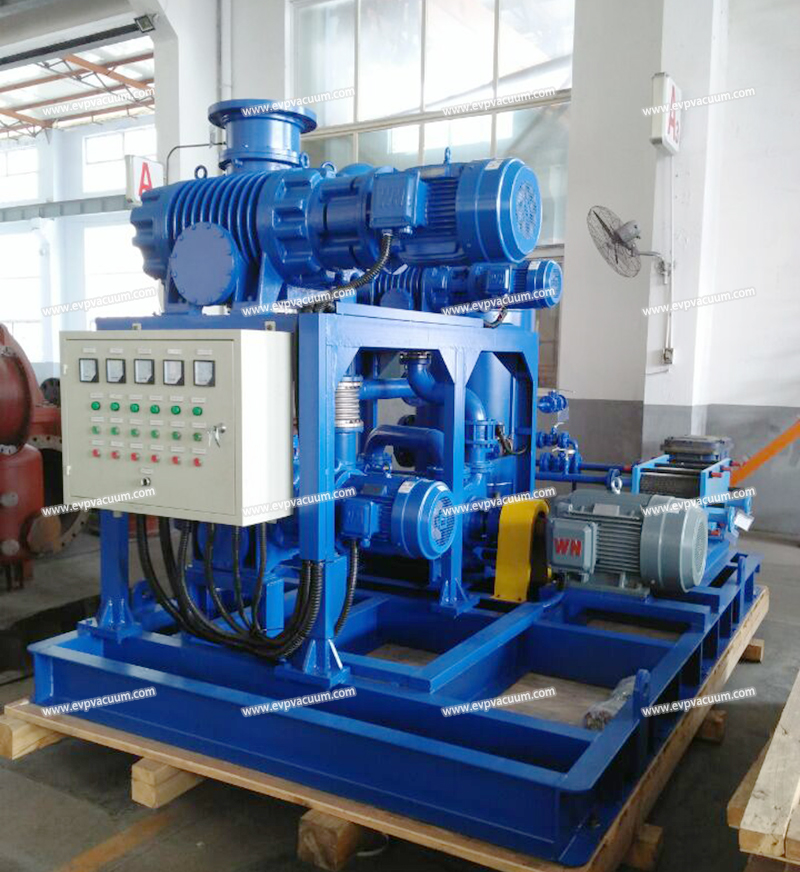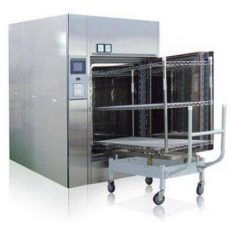Liquid ring vacuum pump in the cosmetics industry
The application of liquid ring vacuum pumps in the cosmetics industry is mainly reflected in its efficient vacuum formation ability and adaptability to special working conditions. The following are its specific application scenarios and advantages:
1. Vacuum emulsification process
Application scenario: In the production of products such as lotions, creams, and essences, the vacuum emulsifier needs to quickly evacuate to remove bubbles and ensure that the product texture is uniform and delicate.
The role of the water ring pump:
– Provide a stable vacuum environment to avoid residual bubbles during stirring.
– Prevent oxidation reactions and extend the shelf life of products.
– Suitable for high-viscosity materials (such as wax-based products) to avoid wear of dry pumps caused by impurities carried by gas.
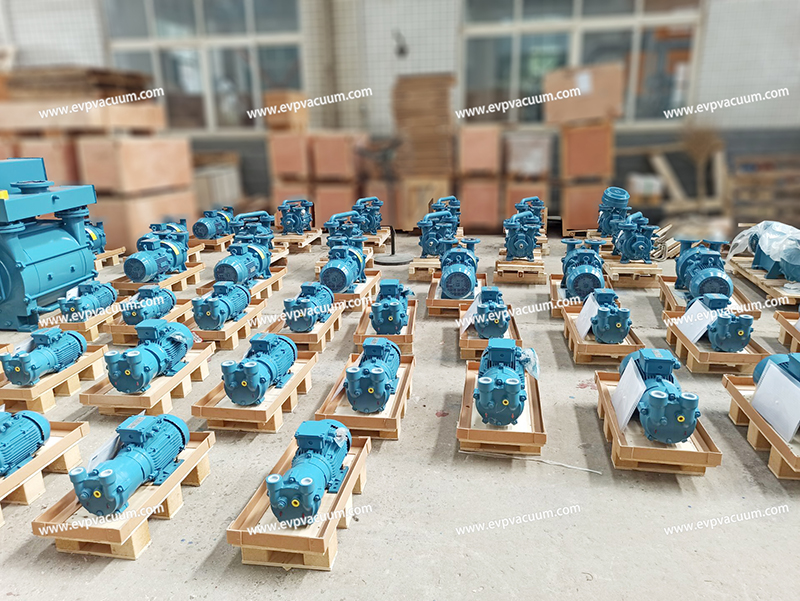
2. Solvent recovery and volatile component treatment
Application scenario: Production of products containing alcohol or volatile organic compounds (VOCs) such as perfumes and makeup removers.
Advantages of water ring pumps:
Safety: Wet operation can reduce the risk of flammable solvents exploding in the pump.
Recovery efficiency: Through the condensation system, volatile solvents can be separated from water ring liquids and recycled for reuse to reduce costs.
Environmental protection: Reduce direct VOC emissions and meet environmental regulations.
3. Vacuum drying and concentration
Application scenario: Low-temperature drying or concentration process of plant extracts and active ingredients.
The value of water ring pump:
– Maintain low temperature vacuum environment (such as rotary evaporator) to avoid inactivation of heat-sensitive ingredients (such as vitamin C, collagen).
– Quickly remove water or solvent to improve production efficiency.
4. Filling and packaging
Application scenarios: oxygen-free filling or vacuum packaging of products such as lotions and facial masks.
Application features:
– Prevent product oxidation and deterioration, and extend shelf life.
– Cooperate with automated filling lines to ensure packaging sealing (such as ampoules, vacuum bottles).
5. Waste gas treatment and odor control
Application scenarios: organic waste gas generated during the production process (such as volatile spices, chemical reaction gases).
The role of water ring pumps:
– Absorb and neutralize harmful gases (such as acidic waste gas) through water circulation to reduce the spread of odor.
– Used in conjunction with other purification equipment (such as activated carbon adsorption towers) to achieve standard emissions.
Unique advantages of water ring pumps in the cosmetics industry
1) Corrosion resistance: The pump body material (such as stainless steel, titanium alloy) can resist corrosion from acids, alkalis, and solvents in cosmetic raw materials.
2) Adapt to humid environments: Directly handle working conditions containing steam or condensable gases without the need for a pre-condenser.
3) Low maintenance cost: simple structure, no metal friction parts, long life and lower maintenance frequency than dry vacuum pumps.
4) Energy saving and environmental protection: The closed-loop water circulation system design reduces water resource consumption and conforms to the trend of green production.
Notes:
Wastewater treatment: The water ring liquid needs to be filtered or replaced to avoid the accumulation of pollutants affecting the vacuum efficiency.
Vacuum degree selection: If high vacuum (such as <10 mbar) is required, a Roots pump and other composite vacuum systems need to be used.
Summary:
Water ring pumps mainly serve emulsification, drying, filling and environmental protection in the cosmetics industry. By providing a stable vacuum environment, ensuring production safety and green compliance, they have become key equipment for improving product quality and production efficiency. When choosing, enterprises need to combine specific process requirements (vacuum degree, medium characteristics) and cost-effectiveness comprehensive evaluation.


